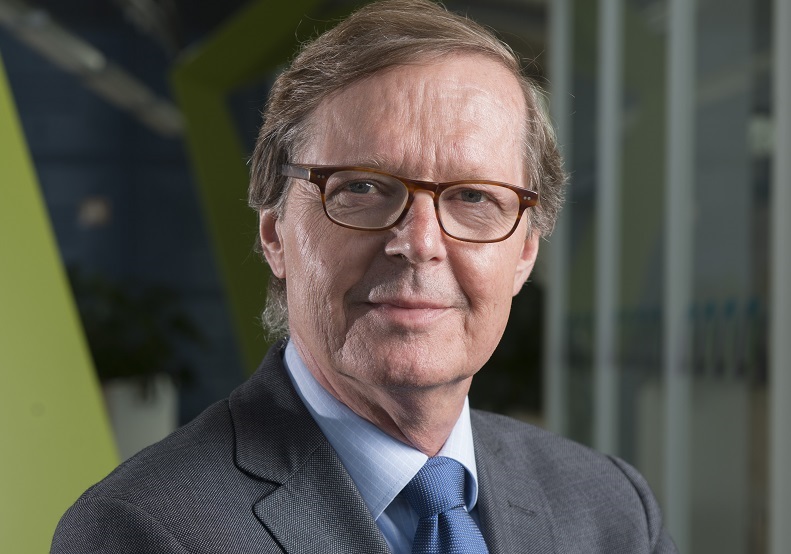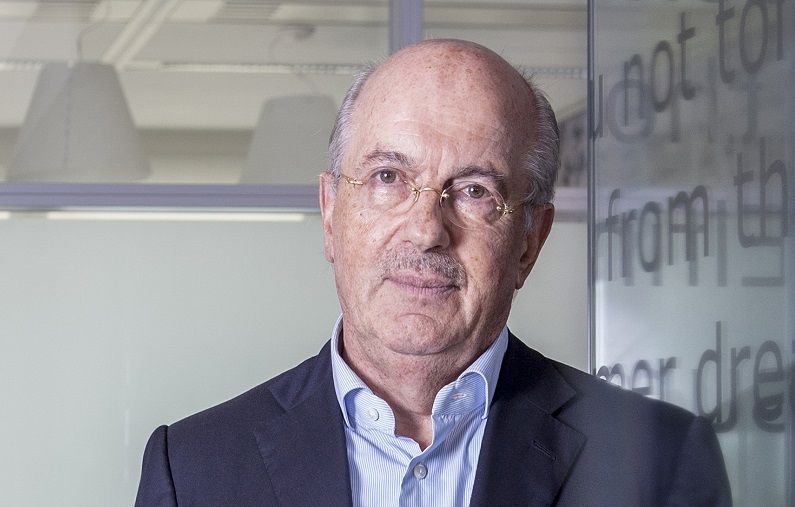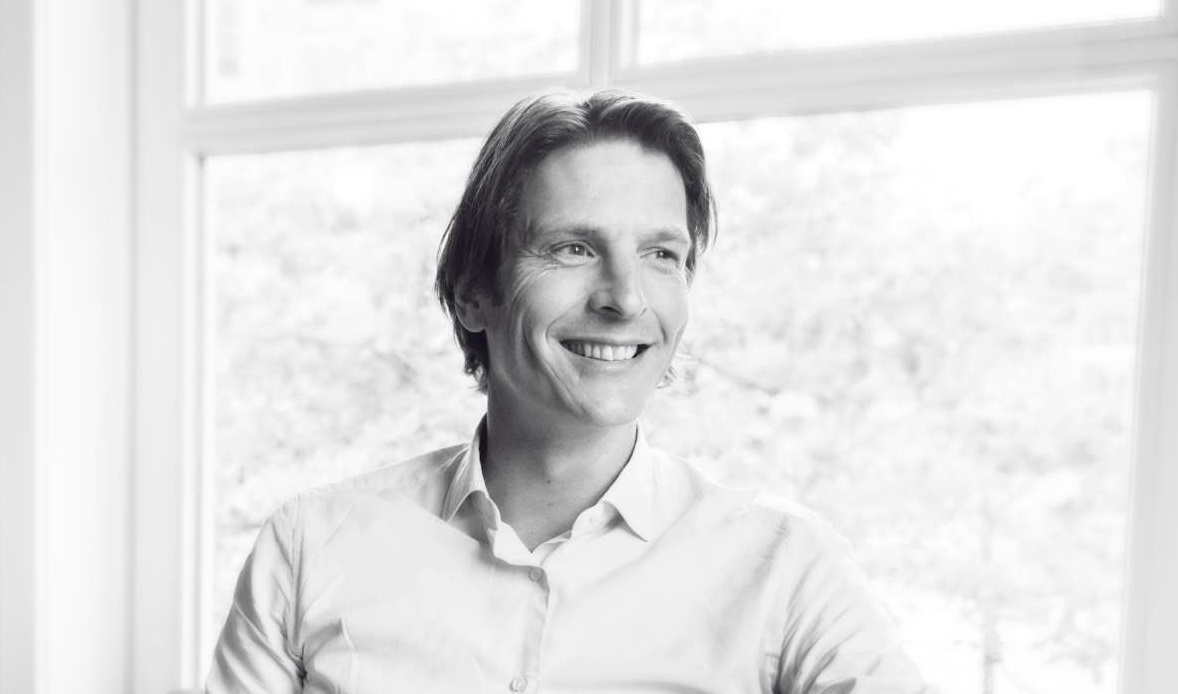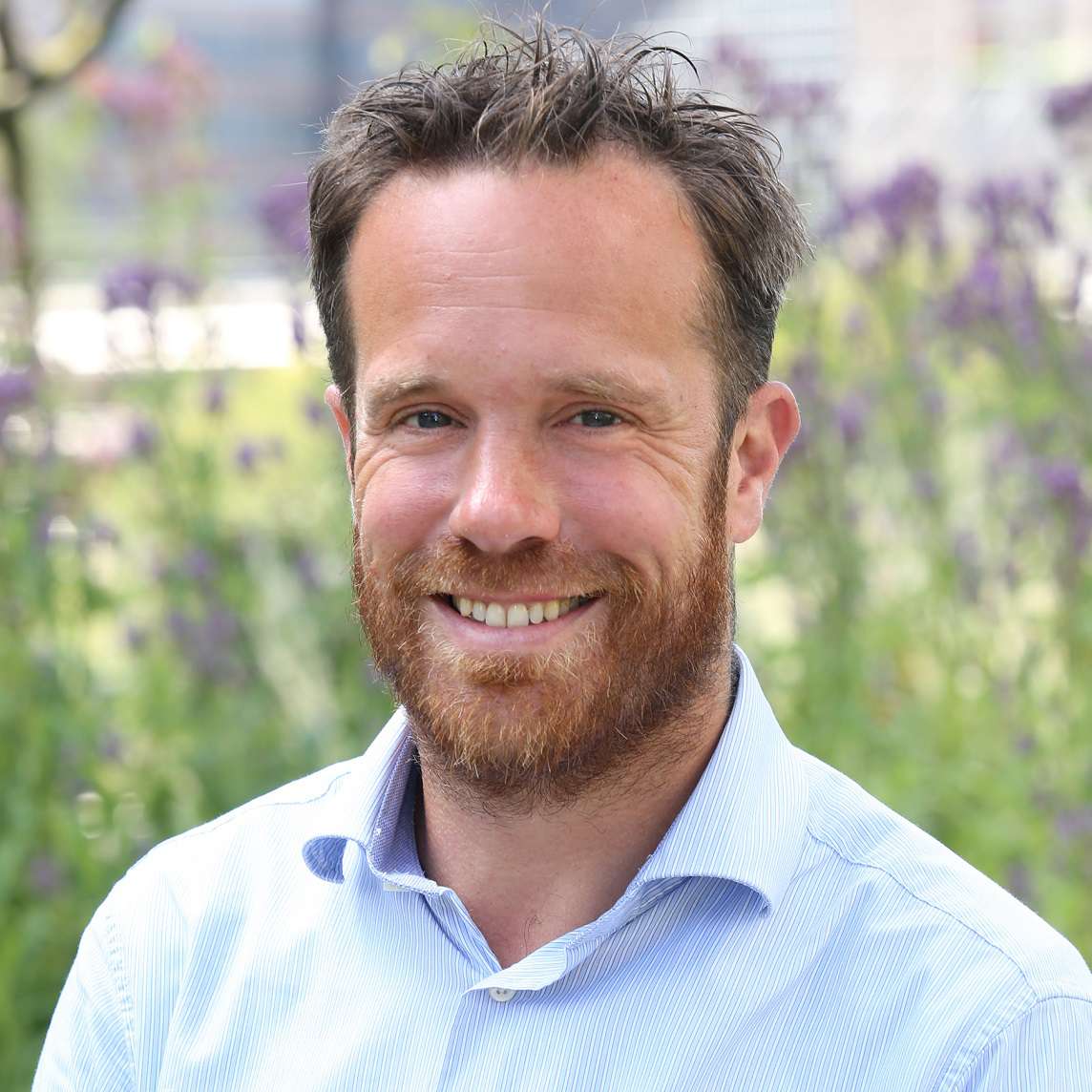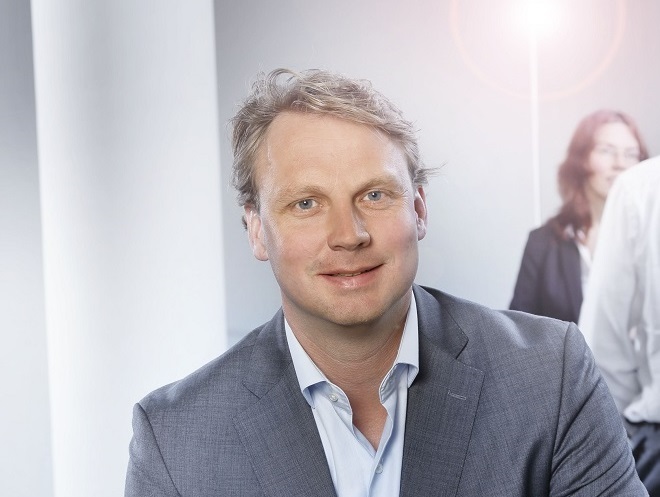Good news. In mid-July, the chemical company Avantium opened a pilot plant in Delfzijl to process wood chips and residual wood into sugars for the chemical industry. The pilot installation cost about €10 million. In 2022-2023 this should result in a €100-million commercial factory. Avantium now has financially-strong partners such as Akzo Nobel, RWE, Chemport Europe and the Forestry Commission behind it, and the province of Groningen has also contributed €1.8 million. Nevertheless new partners, and especially investors, are still badly needed.
Investors
It is clear that the commercial success of bio-based companies stands or falls with investment by large parties. So is that happening? “As the largest private investor, the chemical sector is aware that it has to invest in CO₂ reduction,” says Emmo Meijer, the figurehead for Topsector Chemie. “Bio-based projects aren’t dominant in this, but they are certainly part of it. There are definitely initiatives on the periphery, but little is happening at the heart of the industry.”
Nor is there any rush on the part of venture capitalists. According to Willem Sederel of Biobased Delta, there are at least 60 private investment funds. “Of these, some 60-70% goes to ICT and high-tech. There’s also lots of investment in new medicines. The few remaining funds often invest in new production methods like 3D printing. This competition makes it difficult for bio-based companies to obtain private financing.”
According to Guus Verhees of NBI Investors, it is certainly true that not many investors go into bio-based projects. “The numbers are growing, but we’re not exactly tripping over each other. That’s awkward. With co-financiers you have more money, there’s more experience around the table and you can bear the burden together if things go wrong.” And although large banks attach increasing importance to financing circular projects, you have to look carefully for bio-based projects.
Lower returns
That has its reasons. Starting with the business case and the returns. “It’s very simple,” says Hein Brekelmans of ABN Amro’s Sustainable Finance Desk. “Entrepreneurs need to come up with a good business plan. If the business case can’t be calculated, we won’t finance it. We are still a bank.” And that seems to be the problem. “The projects can’t be made profitable,” says Meijer. “Companies don’t invest if the return is negative. The business case is hopeless. That’s because the price of CO₂ is now €10-20/ton, whereas it should be €100-150/ton if the ecological footprint of fossil-based processes were included. So commercialisation won’t really get off the ground, or at most it will be a niche. We are struggling hugely with the unprofitable leaders.”
That fact also deters other investors. “Bio-based projects are not the first thing you think of as a venture capitalist,” Verhees points out. “They take longer, they cost more and they often yield less compared to investments in software, for example. For normal projects there’s a period of 4-5 years on which you have to make a profit. With bio-based it’s more like 7-8 years. After those 7-8 years, someone else must be prepared to pay for what you’ve built up. And ultimately the market decides whether all this is worth it. The returns are also lower. You have to build a factory in any case, where the investment in steel doesn’t pay off well. And all those years that you’re scaling up, you’ll have lower returns. Entrepreneurs and investors shouldn’t count themselves rich.”
Risks in the chain
Inherent to bio-based projects are the risks in the chain. “It starts with the raw material and the yield,” says Sederel. “Investors ask themselves: what do we know about it, is there actually enough? What about seasonal crops like sugar-beet and potatoes? What also doesn’t help is that expert opinions differ. It’s only logical that investors think: I’ll wait a while.” Verhees: “The biggest challenge is to make the chain work. You’re dependent on each other. And that’s not really what you want as an entrepreneur. The quality and quantity of raw materials is very precise work, and it’s not self-evident because they’re organic. Neither are there a couple of dozen parties you can turn to.”
Why does Avantium in Delfzijl appear to succeed? “They’ve chosen a good raw material,” says Sederel. “The overall balance is right. The material can be used for packaging, but also for textiles and other high-quality products.” Meijer is also optimistic. “This might well succeed. The process is a breakthrough. Avantium has solid expertise, good ideas, a good team and sufficient raw material.”
Knowledge
There are further challenges. “To assess the feasibility properly and to trust that your investment will pay off, you must have experience with the technology and know the market,” insists Verhees. “It involves complex processes. For many investors bio-based is a black box.” Sederel shares this view. “As a financier, you absolutely must have an understanding of it. You develop new properties and thus run more risk. You certainly have to understand chemicals. So you can see that many investors have a background with Shell, Akzo or DSM.”
Investing with impact
Reasons enough not to venture into bio-based projects as an investor. And yet they are there. NBI Investors manages the Shift Invest fund. Characteristic of this fund is the combination of ecological impact and financial return. “Our strength is that we have the necessary experience and knowledge of bio-based processes, entrepreneurial expertise and financial knowledge,” explains Verhees. The province of Gelderland, Rabobank, universities, Menzis and WWF are participating in the fund. “With this €32-million fund we can finance 10-15 companies. The portfolio has largely been filled. We’re now in the process of raising funding for a follow-up fund for (broader) circular projects.” Verhees has not had any bad experiences with bio-based projects. “In venture capital, some parts always go wrong. I’ve not yet experienced this with bio-based companies. Of course these are long trajectories.”
Venture capitalists allow for failures. So is there anything for banks in bio-based projects? “Yes, a resounding yes,” says Brekelmans. ABN AMRO has expressed its ambition to finance a billion euros of circular business assets by 2020, with at least 100 deals. “Since mid-2017, we have closed 22 circular deals with a value of €160 million,” says Brekelmans. “Two of these are bio-based.” For this commitment, among other things, the bank won the Circular Investors Award at the World Economic Forum in February.
Adjust requirements
If banks really want to participate, they have to change course. “A bank can’t just put savings in a project with a low return,” Verhees points out. “It can however put equity into an investment fund. That’s how Rabobank participates in Shift Invest. It’s a different financial structure. They don’t get interest, but shares.” Brekelmans: “ABN Amro is a bank with a moderate risk profile. We’re not going to suddenly change that into a high risk profile. We have created a fund of tens of millions of euros to support new business models, in which we are prepared to take a little more risk. If there’s no track record or proof-of-concept, we won’t do it.” There is some leeway however. “We supported NNRGY, which converts elephant grass into plastic, with a starting loan of €1.5 million. If that hadn’t been circular and the technology not so promising, we would have found it far too early. In another sustainable project, we increased the return period to twelve years. If we see something fine, something simply radiating goodness, we are prepared to adjust the requirements. But we do want to get our money back. If it’s a nice but not financially viable project, we sometimes refer it to our informal investors club.”
“That’s why we shouldn’t do this through banks,” says Sederel. “They want to provide a loan with a guarantee, but they don’t invest in bio-based companies. It’s not possible because of their house rules: the risks are too high. Bio-based companies can’t demonstrate a track record or a loyal customer base of ten years. Banks do have a positive attitude, but from what I hear it’s a waste of time: they can’t do it.” According to Sederel, the same applies to pension funds. The Chairman of Biobased Delta was Chairman of PGGM’s Supervisory Board. “PGGM is certainly interested in sustainable investment. The members want that too. But they also want certainty about their pensions. This is a very sensitive issue, so it’s not very suitable because of the high risks.”
Industry, too, will have to make concessions. “Sustainability is no longer just a worthy dream, but a hard target imposed by the government. If the industry accepts lower yields, that could be a first step,” believes Meijer. “It could well be a reason to move away from the usual five-year pay-out time.”
Time to move
The government and industry must be the first to make a move, Meijer believes. Private investment funds will only come into the picture once the barriers have been removed. “It’s inevitable that the government and large industry will take that step together. We’ll find ourselves in a paralysing situation if the field doesn’t move. Industry should already be able to count on a much higher CO₂ price now. Let’s start with that right away.”
Verhees also points to the government. “You need parties who believe it’s important that society becomes circular. Politics must steer in this direction. The province of Noord-Holland (PDENH), Amsterdam (AKEF) and the Amsterdam port are already taking the lead with financing ChainCraft’s factory in the port of Amsterdam. If the government doesn’t put any money into it, it will be difficult to get private funding. The risk/return ratio is simply not good enough.”
“Private investors are not enough,” agrees Sederel. “You need all the help you can get.” Much is still unclear about the national government’s investment institution Invest–NL. Sederel is particularly enthusiastic about the provinces that stimulate bio-based projects through their regional development companies. “BOM Brabant Ventures, for example, is very open to this. They behave like venture capitalists and seek cooperation with private investors.” Jemy Pauwelsof Oost NL also sees a role for his organisation to lead the way. Oost NL manages ten investment funds. Bio-based projects fall under agro and energy. “Once the business case is conclusive, with the help of our business developers, it goes to our capital department for analysis and a search for suitable co-investors. For Gelderland, a special fund for bio-based projects has been discussed, and Overijssel is also thinking about a smart agro fund, in which bio-based is interwoven.”
Area of tension
The aspirations are there. But private financiers find it difficult to avoid the tension between investing with impact and return requirements. To get these parties on board completely, government and industry will have to assume their responsibility. They need to take the lead by removing barriers, investing themselves and creating public-private financing.
“You can wait for each other, but then it won’t happen.”


